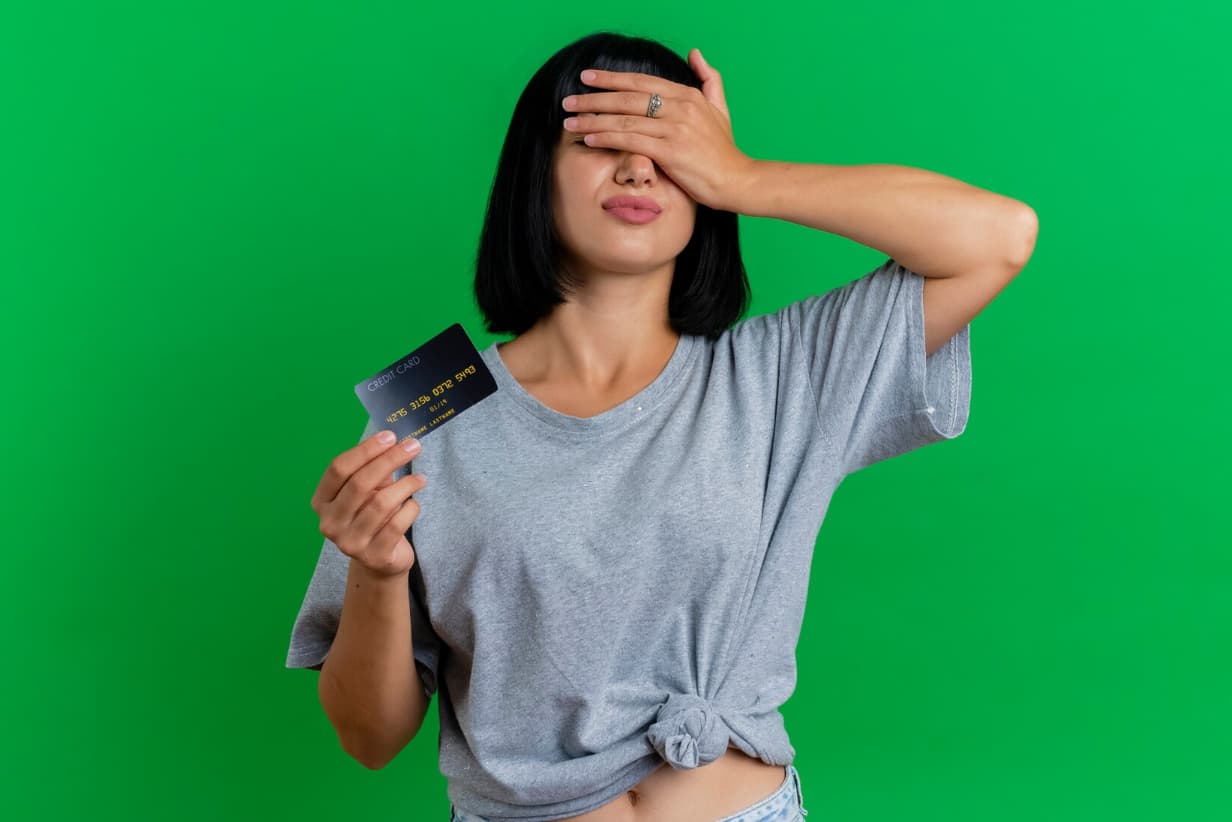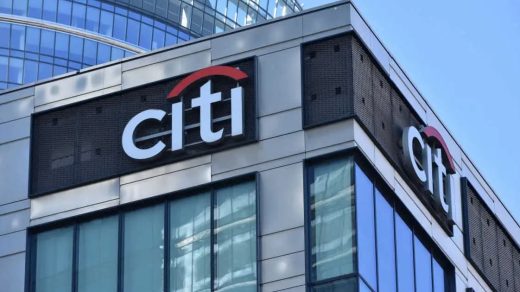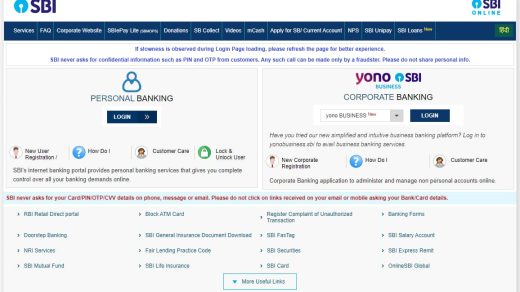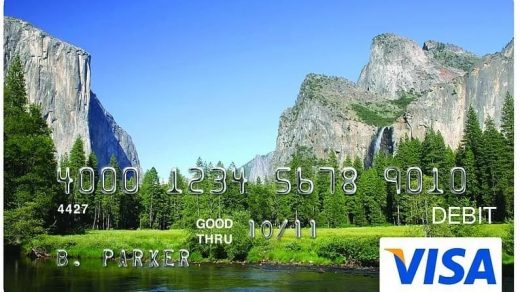If you have bad credit, finding a credit card with a decent limit can be challenging. However, there are options available for those looking for guaranteed approval credit cards with $1000 limits.
This guide will explore various credit card options, strategies to increase your credit limit, and ways to build your credit using these cards.
Many credit cards advertise “guaranteed approval” for bad credit, but often come with lower initial limits of around $300-$500.
Getting a $1000 limit right away may be difficult with poor credit. However, some cards offer the possibility of reaching a $1000 limit after demonstrating responsible use.
Here are some key points to keep in mind:
- Secured cards typically offer the best approval odds for bad credit
- Unsecured cards for bad credit usually start with lower limits
- Making on-time payments can lead to credit limit increases over time
- Adding to your security deposit on secured cards can raise your limit
- Personal loans may be an alternative if you need $1000 immediately
Guaranteed Approval Credit Cards With $1000 Limits For Bad Credit

Let’s explore your options in more detail.
Top 4 Unsecured Credit Cards With $1,000 Credit Limits
Unsecured credit cards don’t require a security deposit but often have stricter approval requirements. Here are some options that may offer $1000 limits for some applicants with bad credit:
1. Aspire® Cash Back Reward Card
- Potential credit limit: Up to $1,000
- Cash back rewards: 3% on gas, groceries, and utilities; 1% on other purchases
- Annual fee: $0-$99 depending on creditworthiness
- APR: 29.99% or 36% fixed
2. Surge® Platinum Mastercard®
- Initial credit limit: $300-$1,000
- Potential to double limit up to $2,000 with on-time payments
- Annual fee: $75-$99 first year, then $99 annually
- APR: 29.99% (Variable)
3. Fortiva® Mastercard® Credit Card
- Credit limit: Up to $1,000
- Cash back rewards: 3% on gas, groceries, and utilities; 1% on other purchases
- Annual fee: $49-$175 the first year, then $0-$49
- APR: 29.99% or 36% fixed
4. Reflex® Platinum Mastercard®
- Initial credit limit: $300-$1,000
- Potential to double limit up to $2,000 with on-time payments
- Annual fee: $75-$99 first year, then $99 annually
- APR: 29.99% (Variable)
Keep in mind: These cards often come with high fees and interest rates. Make sure to read the terms carefully and consider if the costs are worth it for your situation.
Top 5 Secured Credit Cards With $1,000 Credit Limits
Secured credit cards require a security deposit but often offer better terms and higher approval odds for those with bad credit. Here are some options:
1. OpenSky® Secured Visa® Credit Card
- Credit limit: Equal to your security deposit ($200-$3,000)
- Annual fee: $35
- APR: 21.64% (Variable)
- No credit check is required for approval
2. Applied Bank® Secured Visa® Gold Preferred® Credit Card
- Initial credit limit: $200-$1,000 (equal to deposit)
- Can increase limit up to $5,000 with additional deposits
- Annual fee: $48
- APR: 9.99% (Fixed)
3. Capital One Platinum Secured Credit Card
- Minimum security deposit: $49, $99, or $200 for a $200 initial credit line
- Potential for a higher credit line with no additional deposit after 6 months
- Annual fee: $0
- APR: 29.74% (Variable)
4. Discover it® Secured Credit Card
- Credit limit: Equal to your security deposit ($200-$2,500)
- Cash back rewards: 2% at gas stations and restaurants (up to $1,000 in combined purchases each quarter), 1% on all other purchases
- Annual fee: $0
- APR: 27.24% Variable
5. Citi® Secured Mastercard®
- Credit limit: Equal to your security deposit ($200-$2,500)
- Annual fee: $0
- APR: 26.24% (Variable)
Tip: With secured cards, you can often get a $1,000 limit by making a $1,000 security deposit. This deposit is refundable when you close the account in good standing or upgrade to an unsecured card.
You May Have Better Luck Applying For a $1,000 Loan
If you need $1,000 immediately and can’t get approved for a credit card with that limit, consider a personal loan. Here are some options for bad credit:
- MoneyMutual: Connects borrowers with short-term lenders offering loans up to $5,000
- CashUSA.com: Offers loans from $500 to $10,000 with quick decisions
- BadCreditLoans.com: Provides loans between $500 and $5,000 for those with poor credit
- PersonalLoans.com: Offers loans from $250 to $35,000 with a large lender network
Remember: Personal loans often have high interest rates for bad credit borrowers. Make sure you can afford the payments before taking on any debt.
Can I Get a Card with a $1,000 Limit if I Have Bad Credit?
Yes, it’s possible to get a card with a $1,000 limit with bad credit, but it may be challenging. Here are some points to consider:
- Secured cards are easier to get approved for with bad credit
- You’ll likely need to make a $1,000 security deposit for a $1,000 limit on a secured card
- Some unsecured cards for bad credit offer initial limits up to $1,000, but approval isn’t guaranteed
- Your income and other financial factors will affect your chances of approval and credit limit
- You may need to start with a lower limit and work your way up to $1,000 through responsible use
Remember: A higher credit limit often comes with higher fees and interest rates for bad credit cards. Consider if the costs are worth it for your situation.
Which Credit Card For Bad Credit Has the Highest Limit?
Credit limits for bad credit cards vary based on individual circumstances. However, some cards known for potentially higher limits include:
Unsecured Cards:
- Surge® Platinum Mastercard® (up to $2,000 after initial use)
- Reflex® Platinum Mastercard® (up to $2,000 after initial use)
Secured Cards:
- OpenSky® Secured Visa® Credit Card (up to $3,000)
- Applied Bank® Secured Visa® Gold Preferred® Credit Card (up to $5,000)
Keep in mind: The highest limit you qualify for will depend on factors like your income, credit history, and (for secured cards) the amount you can put down as a deposit.
What Is the Easiest Credit Card to Get With Bad Credit?
The easiest credit cards to get with bad credit are typically:
- Secured credit cards: These require a security deposit but have high approval rates.
- Store credit cards: Often have more lenient approval criteria but can only be used at specific retailers.
- Certain unsecured cards for bad credit: Some cards are designed for those with poor credit but may have high fees.
Easiest options to consider:
- OpenSky® Secured Visa® Credit Card (no credit check required)
- Applied Bank® Secured Visa® Gold Preferred® Credit Card
- Surge® Platinum Mastercard®
Remember: “Easy” approval often comes with trade-offs like high fees or interest rates. Always read the terms carefully before applying.
How Do I Get a Credit Limit Increase?
To increase your credit limit, try these strategies:
- Make on-time payments consistently
- Keep your credit utilization low (use less than 30% of your available credit)
- Wait at least 6 months after opening the account before requesting an increase
- Update your income information with the card issuer if it has increased
- Use your card regularly but responsibly
- Improve your credit score over time
- For secured cards, consider adding to your security deposit
Some issuers, like Capital One, automatically review accounts for credit line increases. Others may require you to request an increase through their website or by phone.
Tip: Avoid requesting increases too frequently, as this can result in hard inquiries on your credit report.
Do I Need a Bank Account For Approval?
In most cases, yes, you’ll need a bank account to be approved for a credit card. Here’s why:
- It allows for easier payment processing
- Provides a way to make your security deposit (for secured cards)
- Shows financial stability to the card issuer
- Enables automatic payments, reducing the risk of late fees
Some cards may approve you without a traditional bank account, but these are rare and often come with high fees.
If you don’t have a bank account: Consider opening a basic checking account with an online bank. These often have low or no minimum balance requirements and minimal fees.
How Can I Build Credit Using a Credit Card For Bad Credit?
Building credit with a bad credit card requires responsible use. Here are some tips:
- Make all payments on time: This is the most important factor in your credit score
- Keep your credit utilization low: Try to use less than 30% of your available credit
- Use the card regularly: Make small purchases and pay them off each month
- Monitor your credit: Many bad credit cards offer free credit score access
- Avoid applying for multiple cards: Too many hard inquiries can hurt your score
- Be patient: Building credit takes time, but consistent good habits will pay off
Remember: The goal is to demonstrate responsible credit use over time. This will help you qualify for better cards and terms in the future.
What Rewards Can I Get From Credit Cards For Bad Credit?
While rewards are less common on bad credit cards, some do offer cash back or points. Here are some options:
Unsecured Cards:
- Fortiva® Mastercard® Credit Card: Up to 3% cash back on certain purchases
- Aspire® Cash Back Reward Card: Up to 3% cash back on certain purchases
Secured Cards:
- Discover it® Secured Credit Card: 2% cash back at gas stations and restaurants (up to $1,000 in combined purchases each quarter), 1% on all other purchases
- U.S. Bank Cash+® Secured Visa® Card: Up to 5% cash back in two categories you choose
Keep in mind: Cards with rewards often have higher APRs. If you carry a balance, the interest charges will likely outweigh any rewards earned.
Will I Qualify For a Rewards Credit Card If I Have Poor Credit?
Qualifying for a rewards credit card with poor credit is challenging but not impossible. Your best options are likely:
- Secured rewards cards: Like the Discover it® Secured Credit Card
- Certain unsecured cards for bad credit: Such as the Fortiva® Mastercard® Credit Card
Factors that may help you qualify:
- Steady Income
- Low debt-to-income ratio
- Willingness to pay an annual fee
- Ability to make a security deposit (for secured cards)
Remember: Even if you qualify, the rewards rate may be lower and fees higher compared to cards for good credit. Make sure the benefits outweigh the costs for your situation.
$1,000 Limit Credit Cards For Bad Credit Exist
While finding a $1,000 limit credit card with bad credit can be challenging, options do exist. Here’s a summary of your best bets:
- Secured credit cards: Offer the highest approval odds if you can make a $1,000 deposit
- Certain unsecured cards for bad credit: Some offer initial limits of up to $1,000 for qualified applicants
- Store credit cards: May offer higher limits but can only be used at specific retailers
- Personal loans: An alternative if you need $1,000 in funds immediately
Key takeaways:
- Be prepared for high fees and interest rates
- Read all terms carefully before applying
- Use the card responsibly to build credit over time
- Consider starting with a lower limit and working your way up
Remember, the goal is not just to get a $1,000 limit, but to improve your credit so you can qualify for better cards in the future.
Conclusion:
Securing a credit card with a $1,000 limit when you have bad credit is possible, but it requires careful consideration of your options.
Secured credit cards often provide the easiest path, while some unsecured cards for bad credit may offer higher limits to qualified applicants.
Regardless of which option you choose, the key to long-term financial health is using credit responsibly. Make on-time payments, keep your credit utilization low, and monitor your credit score regularly.
With patience and discipline, you can use these cards as stepping stones to better credit and improved financial opportunities in the future.
Remember, everyone’s financial situation is unique. Consider consulting with a financial advisor to determine the best strategy for your specific needs and goals.



